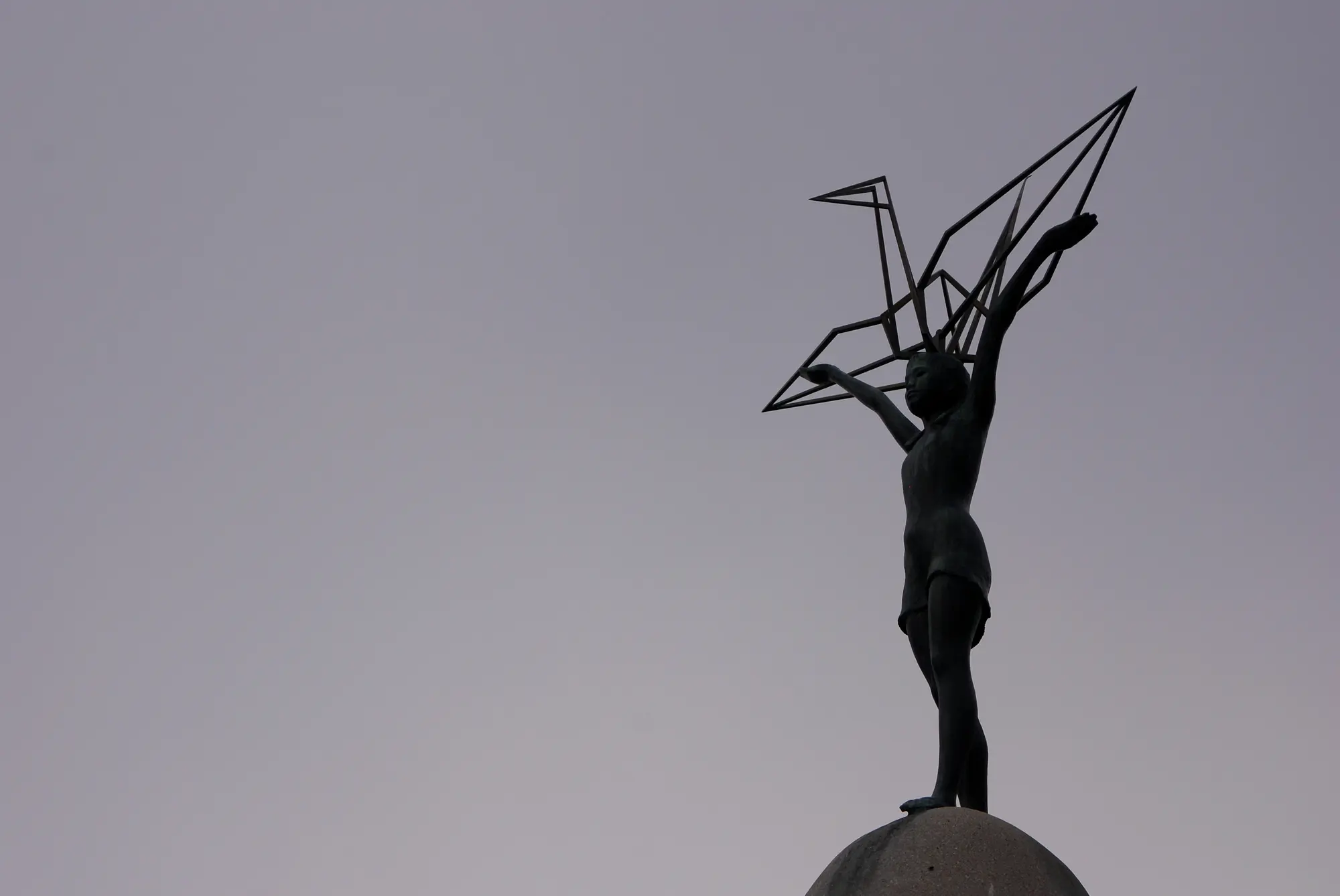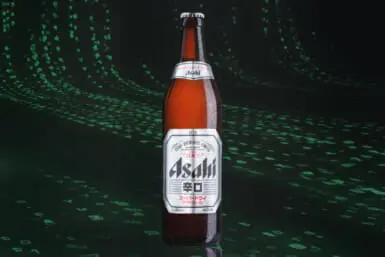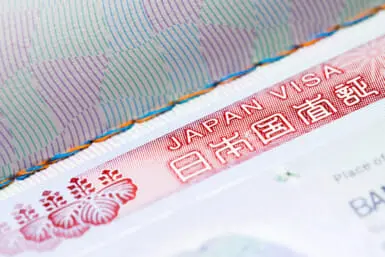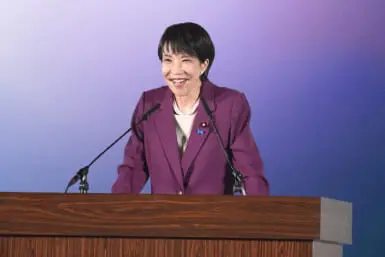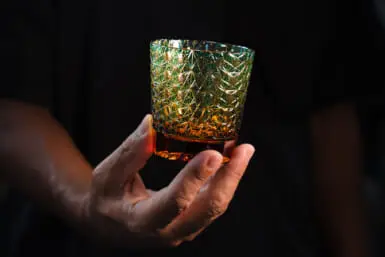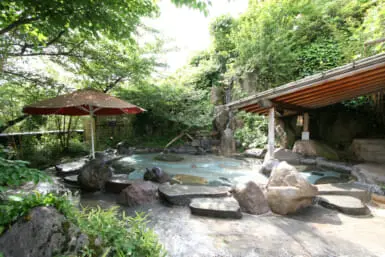The Norwegian Nobel Committee’s decision to award the 2024 Nobel Peace Prize to Nihon Hidankyo — a grassroots organization formed by survivors of the devastating atomic bombings of Hiroshima and Nagasaki — is a powerful recognition of the group’s campaign to rid the world of nuclear weapons. The Nobel win places the organization’s mission on a global stage, even as Japan’s political stance on nuclear armament reveals a more complicated picture.
What is Nihon Hidankyo?
Founded in 1956, just over a decade after the atomic bombings that claimed the lives of over 200,000 civilians, Nihon Hidankyo (The Japan Confederation of A- and H-Bomb Sufferers Organizations) emerged as the sole nationwide voice for hibakusha. Over the decades, the group has tirelessly advocated for nuclear abolition, not just within Japan but on the world stage. Its members have spent their lives recounting their stories of survival and loss to ensure that the world never forgets the human cost of nuclear warfare.
As they grow older — the youngest survivors are now in their 80s — Nihon Hidankyo members have focused on passing their stories to younger generations, ensuring that their message remains clear: no nation or community should ever have to endure what they did. But even as Nihon Hidankyo stands as a beacon of hope for a nuclear-free future, Japan’s position on nuclear weapons remains less clear-cut.
Japan’s Nuclear Paradox
Japan is the only country to have experienced the full destructive force of nuclear weapons, yet it continues to rely on the US nuclear umbrella for its national security.
Former Prime Minister Eisaku Sato, who shared the Nobel Peace Prize in 1974 for his efforts to promote nuclear disarmament, famously declared that Japan would “never make, possess, or allow nuclear weapons on its territory.” Yet it was later revealed that US nuclear warheads had likely entered Japan during the Cold War, illustrating the country’s delicate balancing act between its pacifist ideals and its strategic dependencies.
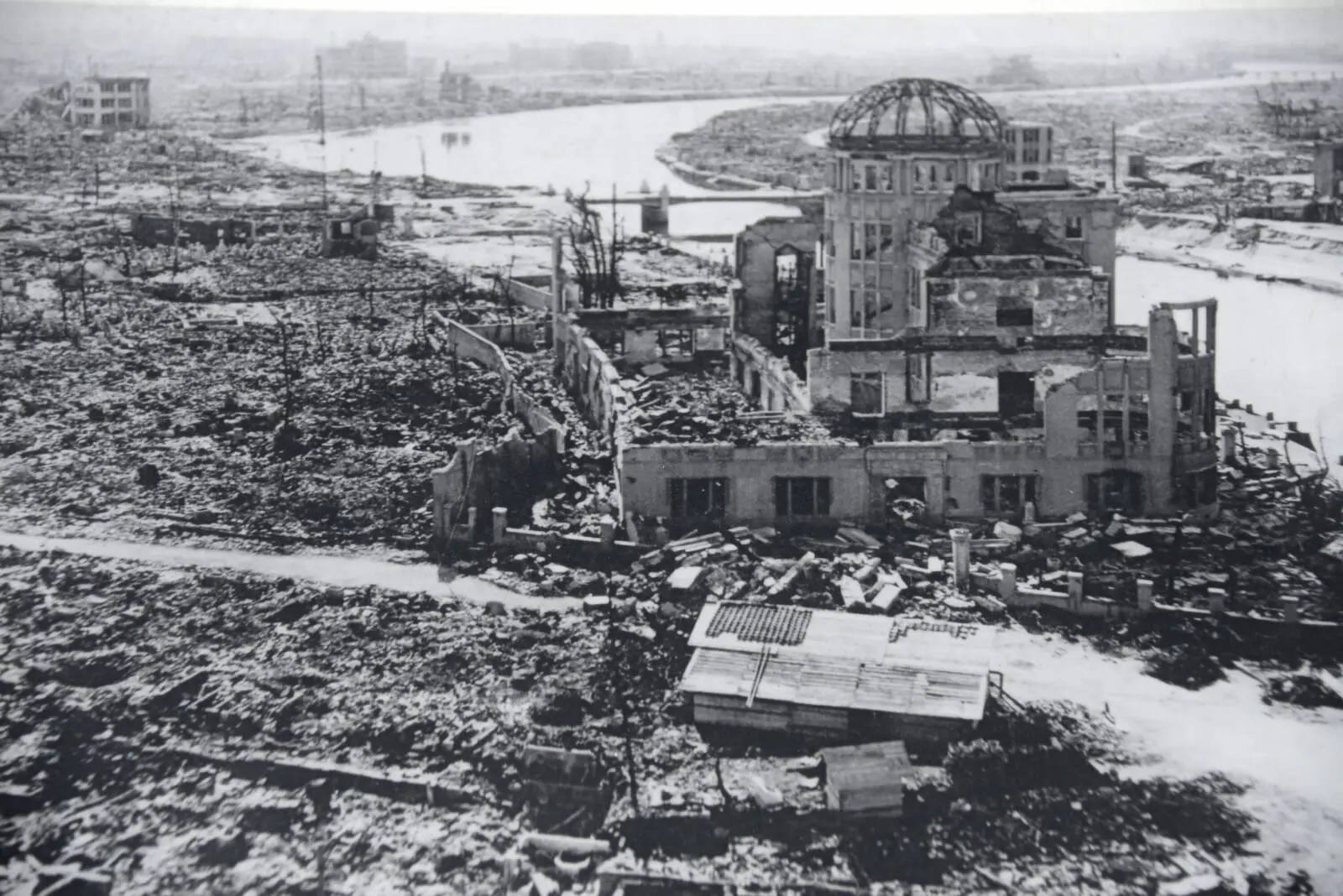
Wreckage of the Hiroshima Museum of Science and Industry as it stood after the atomic bomb on August 6, 1945.
This paradox becomes especially stark in light of Japan’s refusal to sign the 2017 UN Treaty on the Prohibition of Nuclear Weapons, a landmark agreement that aims to eliminate nuclear arms. By aligning itself with the United States and other nuclear-armed nations, Japan has distanced itself from the very cause Nihon Hidankyo has championed for decades.
Prime Minister Shigeru Ishiba’s recent comments following the prize announcement encapsulate this tension: while he expressed support for the long-term goal of nuclear abolition, he underscored the importance of deterrence in a world where nuclear threats from North Korea, China and Russia loom large.
For many hibakusha, Japan’s stance is seen as a betrayal. Toshiki Fujimori, former assistant secretary general of Nihon Hidankyo, called the country’s decision to stay away from the treaty “heartbreaking.”
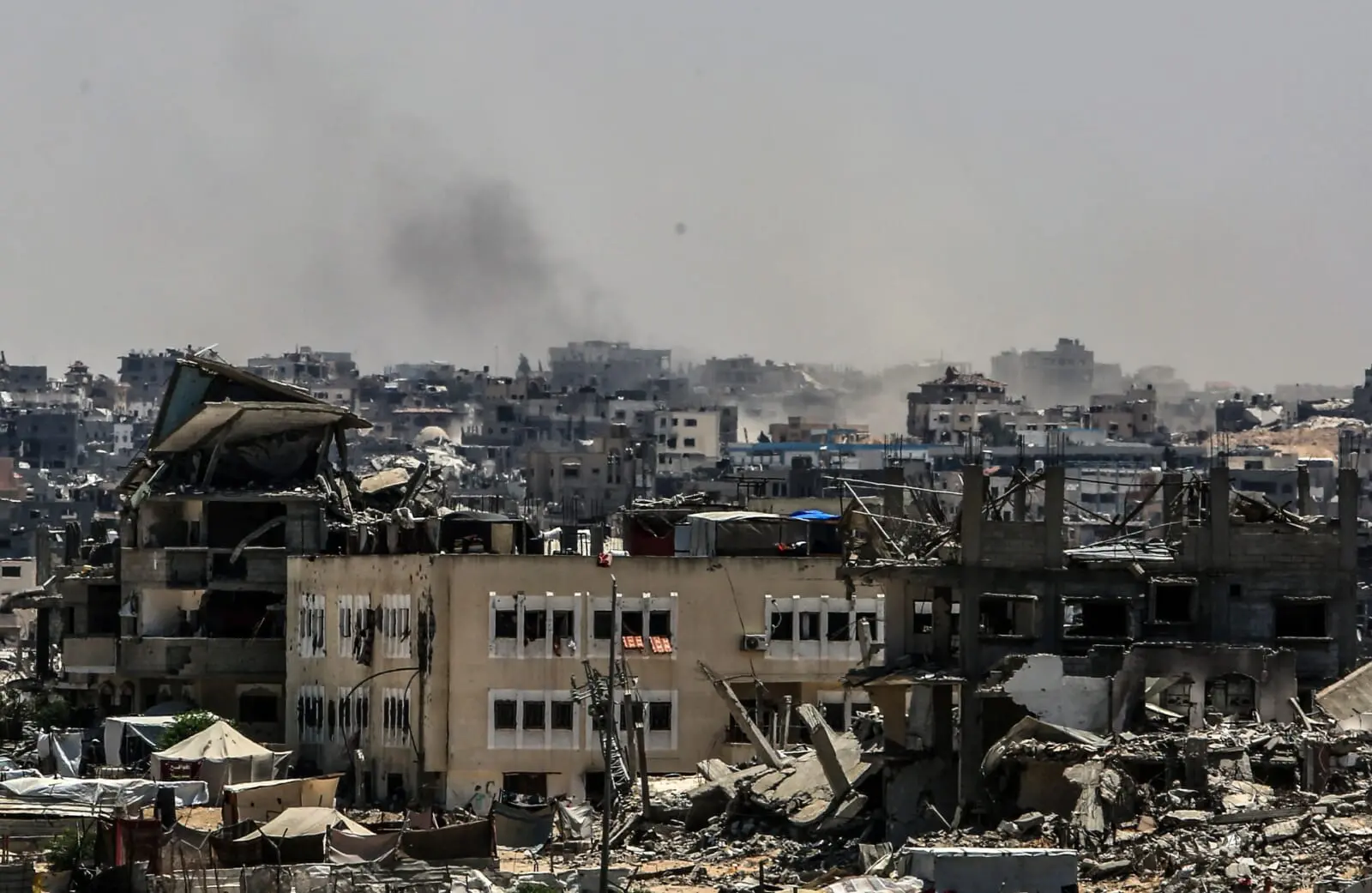
Israeli forces launch a military assault on Khan Yunis, southern Gaza, on July 25, 2024. Credit: Anas-Mohammed
The Gaza Comparison
The contradiction becomes even more pronounced in light of recent international conflicts, where the horrors of war are felt far beyond Japan’s borders. Amid the celebrations of Nihon Hidankyo’s Nobel Peace Prize win, co-leader Toshiyuki Mimaki stirred controversy by drawing a comparison between the devastation of Hiroshima and the current suffering in Gaza.
“I thought for sure [the Nobel Peace Prize] would go to those working so hard in Gaza,” he said. “In Gaza, bleeding children are being held by their parents. It’s like in Japan 80 years ago.”
Mimaki’s statement was met with fierce opposition from Israel’s ambassador to Japan, who condemned the comparison as “outrageous and baseless.” The ambassador claimed that such analogies distort history and dishonor the victims of Hiroshima.
However, this dismissal of Mimaki’s comment overlooks the core message: the collective, unchosen suffering of civilians caught in wars beyond their control and the lasting, catastrophic impact of violence on innocent lives.
This wasn’t the first time Hiroshima’s legacy has stirred political tensions. In August, US and British ambassadors to Japan snubbed the annual ceremony commemorating the atomic bomb victims in Nagasaki, due to the absence of an invitation to Israel’s ambassador.
Mimaki’s comparison may have struck a nerve, but it is undeniably a call to confront the brutal truth: nuclear warfare, whether a painful memory or a current threat, devastates the lives caught in its crossfire.
A Win Laden with Irony
Nihon Hidankyo’s win is a testament to the resilience and courage of those who survived the unimaginable destruction of Hiroshima and Nagasaki, but it is also a reminder that, 80 years later, the world remains unable to fully confront the specter of nuclear war. As hibakusha grow older, and their numbers dwindle, the urgency of their message grows stronger. Yet the world appears to be moving in the opposite direction, with new nuclear threats emerging and old alliances reinforcing the role of deterrence.
In honoring Nihon Hidankyo, the Nobel Committee has illuminated the fragile and often contradictory nature of Japan, as well as the entire world’s stance on nuclear weapons. As the survivors themselves have said, “Humanity must never again inflict or suffer the sacrifice and torture we have experienced.” But whether the world is truly listening remains an open question.

